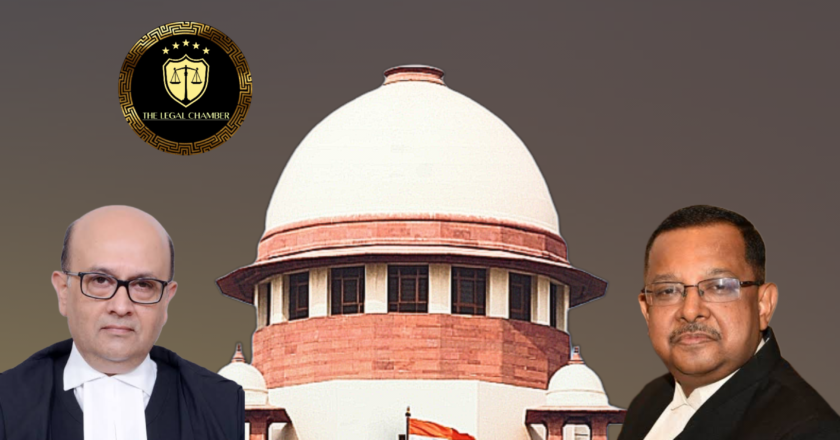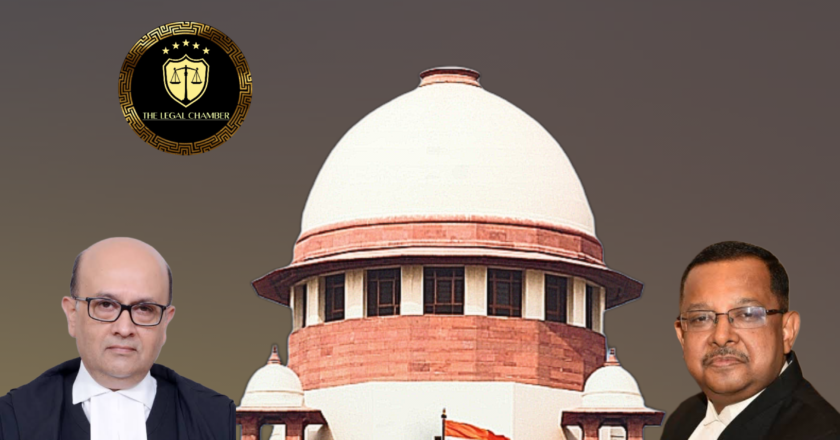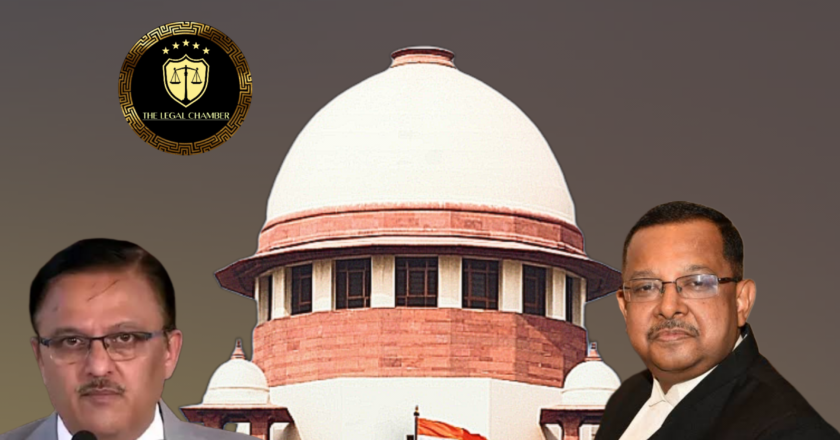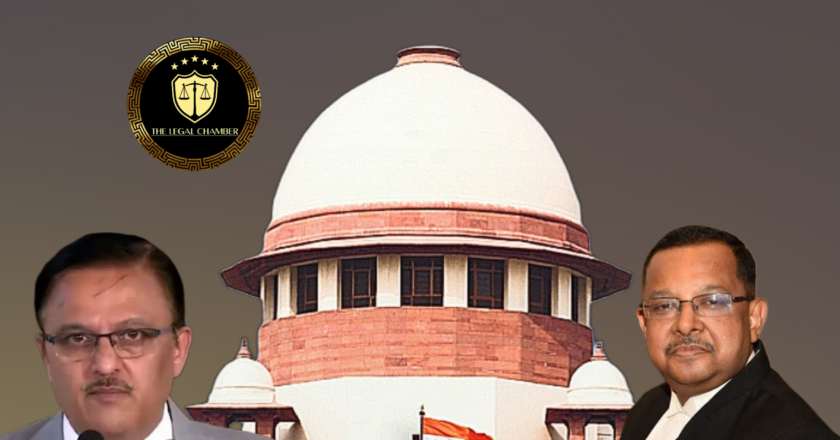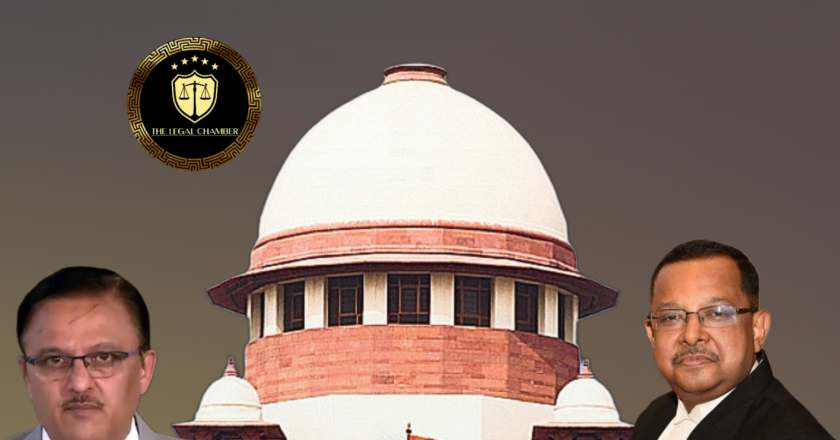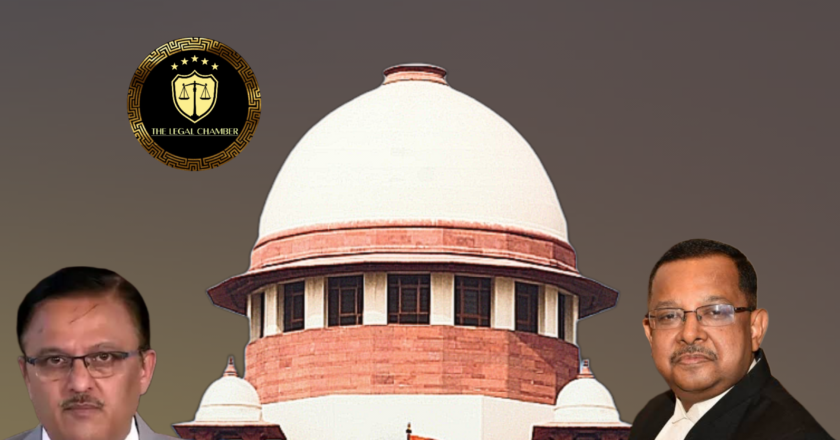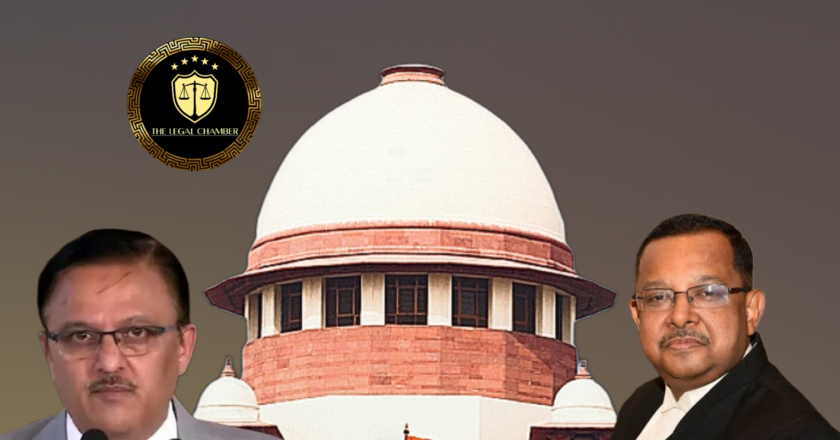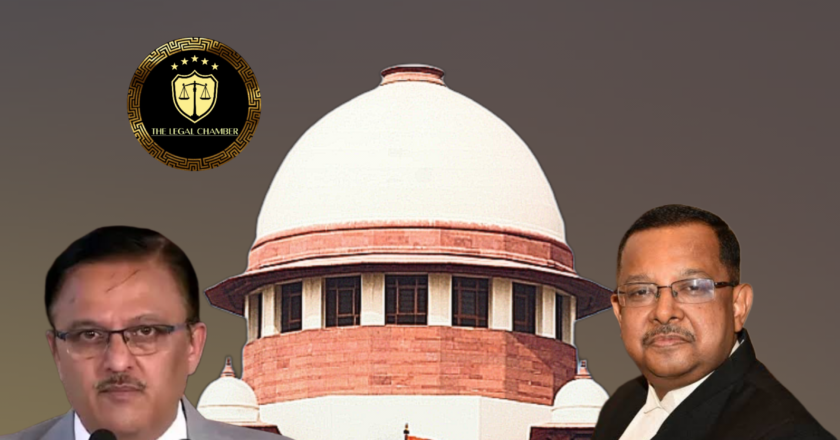Supreme Court Backs Landowners: Slum Authority Can’t Acquire Land Without Notice
The Supreme Court affirmed the landowner's preferential right to redevelop a Slum Rehabilitation Area under the Maharashtra Slum Areas Act, 1971. It held that the Slum Rehabilitation Authority must issue a specific notice inviting the owner to submit a redevelopment scheme before any acquisition under Section 14 can be initiated. The 2018 Amendment to the Act did not dilute this mandatory requirement, and acquisition proceedings commenced without such notice were declared illegal.
Facts Of The Case:
The case concerns a plot of land in Bandra, Mumbai, owned by the Basilica of Our Lady of the Mount (Church Trust). A portion of this land had been encroached by hutments since the 1930s and was declared a slum area in 1978. The slum dwellers formed the Shri Kadeshwari Cooperative Housing Soci...

